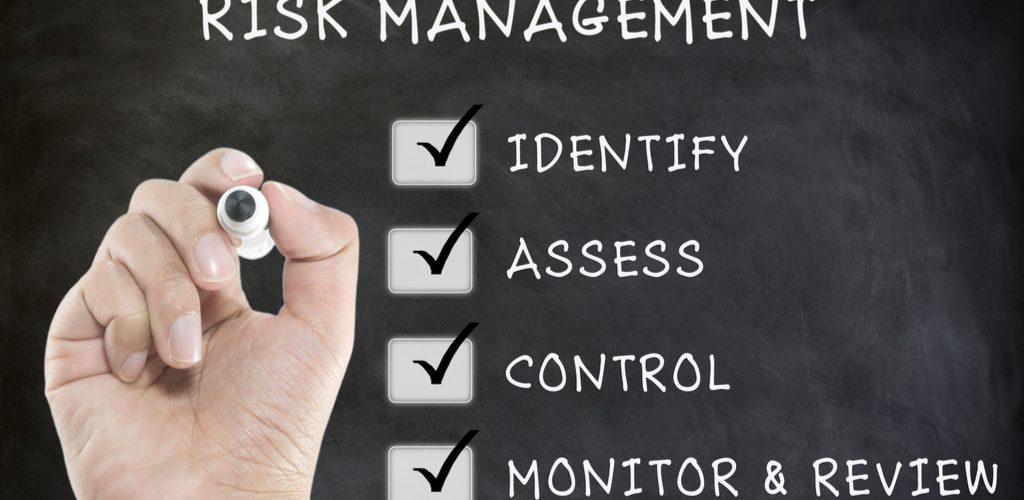In February, citing imminent danger to residents and just prior to the state’s first confirmed case of the COVID-19 virus, the California Department of Health (CDPH) intervened and seized control of two troubled nursing homes. They appointed a temporary manager, obtained a court order to designate a financial receiver, and forced the facilities’ operator to relinquish state licenses to operate the two nursing homes.
The two nursing homes not only had financial difficulties, but Federal inspection regulators had sanctioned both facilities in the last few years for providing poor resident care and inadequate infection control. One home was cited five times between 2017 and 2019 and fined a total of $36,000.
The state-appointed temporary manager, with checkbook in hand, sorted through the financial problems in both homes. The state provided about $3 million—money from previous fines paid by nursing homes—to pay employees and vendors. The temporary manager is reported to have significant experience in saving financially troubled health providers. He hired additional registered nurses and other professionals and terminated workers deemed incompetent as he stabilized the homes’ finances.
The retired owner (a registered nurse) and previous operator of the two nursing homes came out of retirement to operate the facilities once again with her daughter.
Although over 100 residents and workers in the two facilities were ultimately infected with COVID-19, as of July 15, state data shows both homes were infection-free.
The CDPH now considers the financial turmoil resolved at the two nursing homes and determined that no extra monitoring is necessary. An infection control inspection at one of the homes on June 11 found no violations; however, the facility hasn’t been inspected since then according to agency records.
Compliance Perspective
Failure to use a facility’s financial resources effectively to ensure each resident receives high quality care, accepting residents who require high levels of care while not correcting repeated citations for poor care, and failing to meet infection control standards – especially during the COVID-19 pandemic – may place residents in immediate jeopardy, in violation of state and federal regulations. Sanctions may be imposed up to and including placement of a temporary manager, mandated surrender of the facility to a financial receiver, and loss of licensure by the owner.
Discussion Points:
- Review policies and procedures to ensure that the facility’s financial resources are being used effectively and efficiently to provide the level of care needed by residents, and that infection control standards and COVID-19 guidelines are implemented.
- Train staff about abuse and neglect and their responsibility to report any violation or failure to meet the facility’s financial and quality of care obligations to the Hotline or to appropriate authorities.
- Periodically audit to determine if the facility is meeting its financial obligations, e.g., payroll and vendors, and if infection control guidelines are being followed.
















































































